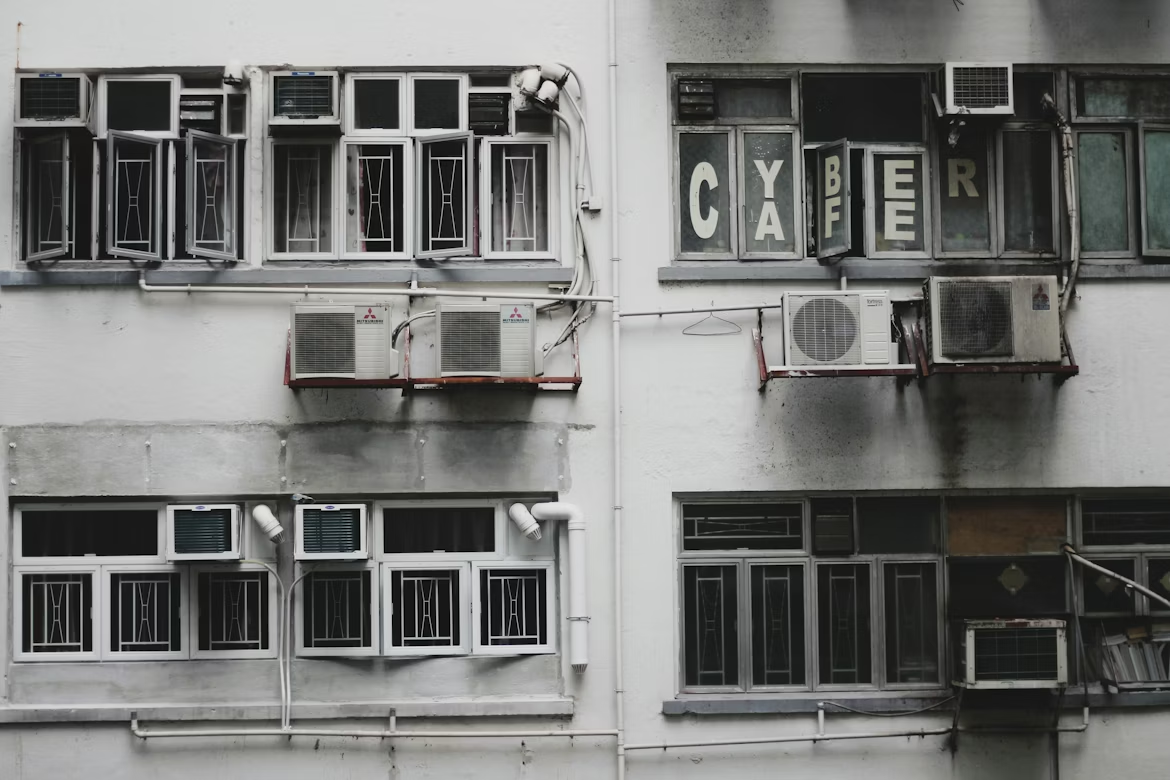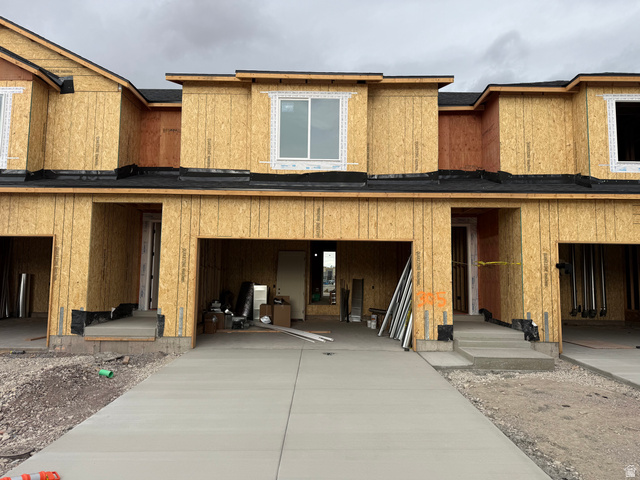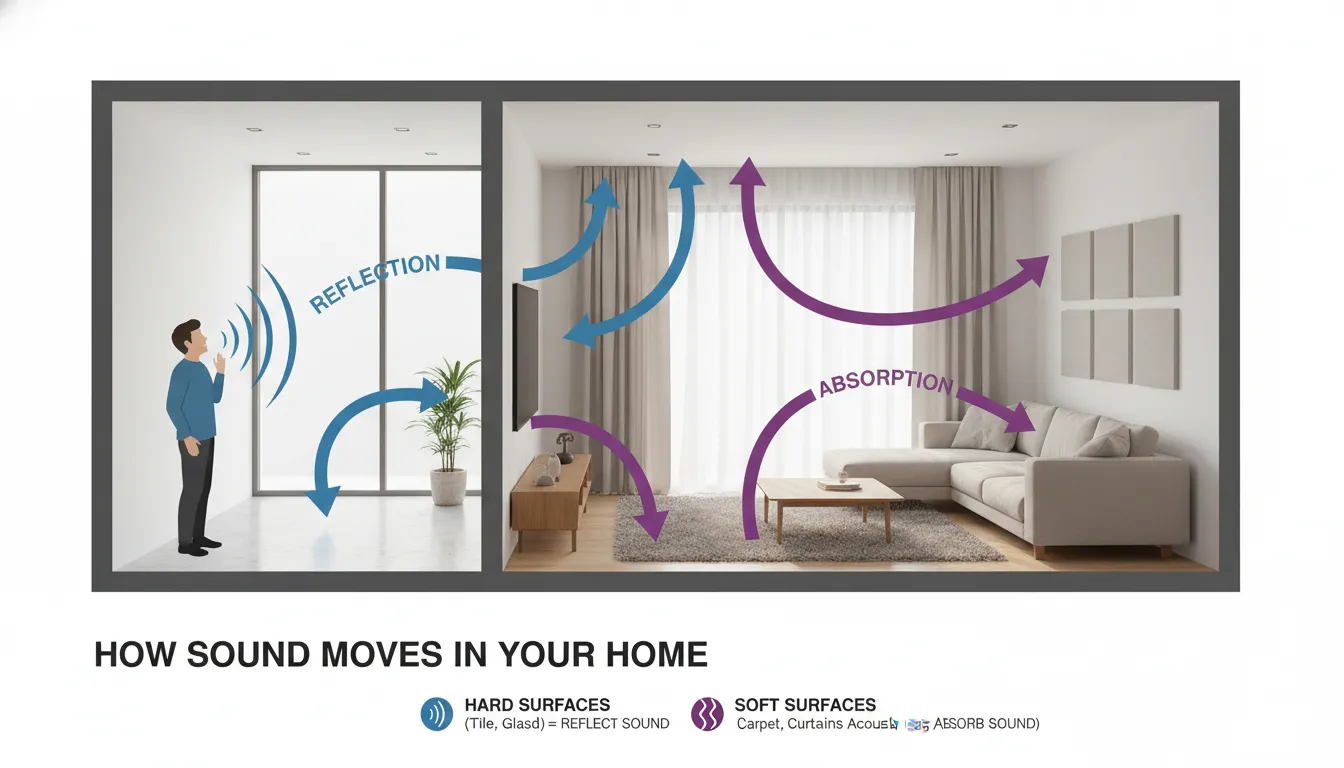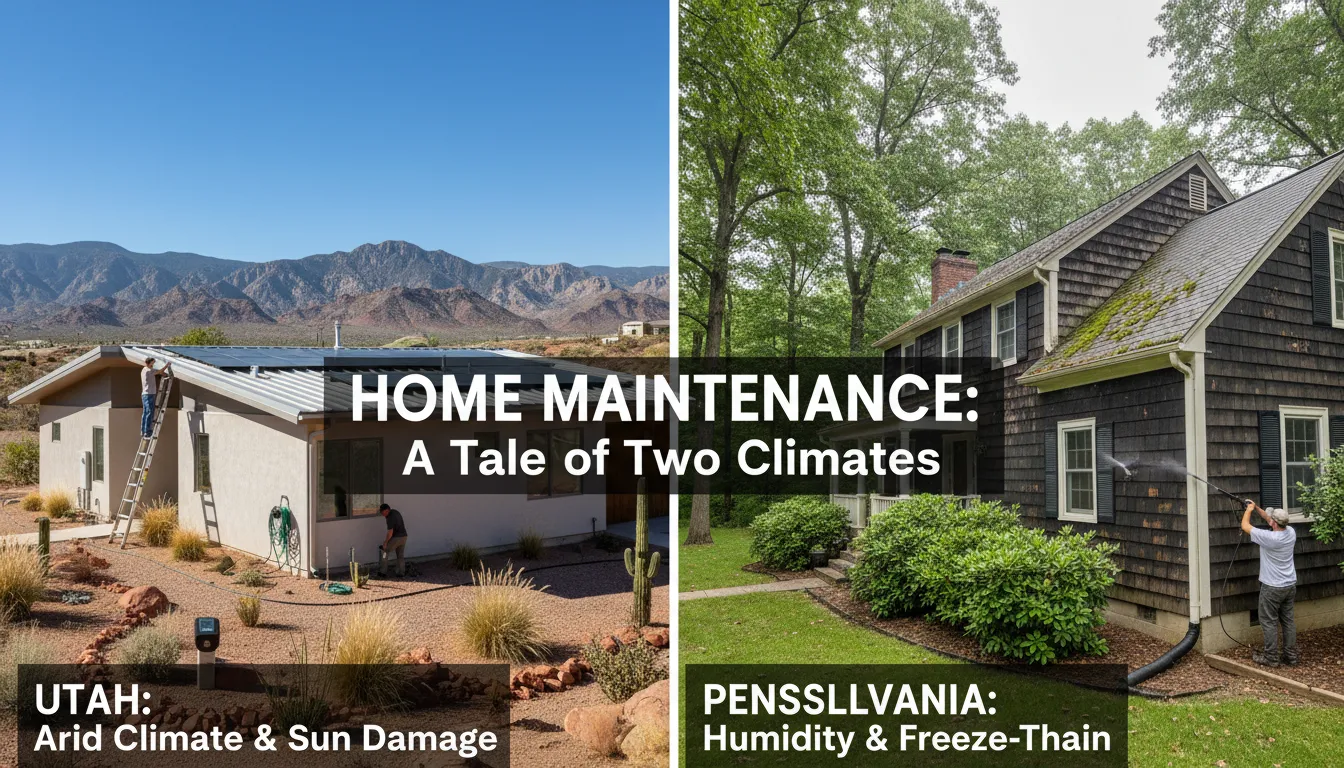Regular maintenance of heating, ventilation, and air conditioning (HVAC) systems can lead to extended equipment life, lower energy bills, and improved indoor air quality. Understanding applicable maintenance tasks is key for homeowners looking to keep their HVAC systems running optimally. Engaging in preventative maintenance avoids costly repairs down the line and ensures comfort and efficiency throughout the year.

Understanding Your HVAC System
An HVAC system typically includes heating units, air conditioning units, and ventilation components. Familiarity with these parts helps homeowners appreciate the significance of regular maintenance. Heating units may include furnaces and boilers, whereas air conditioning units focus on cooling mechanisms. Well-maintained systems provide reliable climate control, delivering comfort no matter the weather conditions outside.
Air conditioning units depend on various components like compressors, condenser coils, and evaporator coils. Understanding their functions allows homeowners to identify potential issues early. Keeping tabs on these components means fewer unexpected breakdowns during extreme weather. Knowing your HVAC system makes it easier to identify which maintenance tasks are due.
Filter Maintenance
One critical aspect of HVAC maintenance is taking care of air filters. These filters trap dust, pollen, and other airborne substances. They can become clogged, which restricts airflow and increases energy consumption. You should be changing HVAC air filters every 3 months to maintain optimal system efficiency. Clogged filters can lead to decreased airflow and strain on the system components, leading to unnecessary wear and tear.
To ensure your HVAC system operates efficiently, inspect filters monthly. Depending on the type of filter you have, some may require more frequent changes. Homeowners can avoid unforeseen problems with air quality or their system by automatically setting reminders to check or change filters. Clean filters mean a cleaner environment, which is particularly beneficial for individuals with allergies or respiratory conditions.
Regular Inspections
Scheduling annual inspections by a qualified technician can detect potential problems early. A professional will assess the heating and cooling system to ensure everything operates as it should. Inspectors check for refrigerant leaks, damage, or wear in various components. Addressing such issues promptly prevents larger problems that could lead to costly repairs.
Part of this inspection often includes a system efficiency test to determine if the HVAC unit is operating at its rated capacity. A good technician will evaluate ductwork integrity. Leaky ducts can contribute significantly to energy loss, making it critical to address any leaks. Many technicians use specialized tools such as blower door tests to pinpoint problem areas effectively, ensuring that efficiency is optimal and energy bills remain low.
Cleaning Coils and Fins
Another pivotal maintenance task involves cleaning the evaporator and condenser coils. Dirt builds up on these components, reducing the system's ability to absorb and dissipate heat. Without proper cleaning, the HVAC system can work harder and use more energy. Homeowners can perform some cleaning as part of their routine maintenance, but especially dirty coils may demand professional assistance to clean them efficiently.
Explore Utah Real Estate

83 W 850 S, Centerville, UT
$815,000
Bedrooms: 5 Bathrooms: 3 Square feet: 3,999 sqft

653 E RYEGRASS DR #305, Eagle Mountain, UT
$387,900
Bedrooms: 3 Bathrooms: 3 Square feet: 1,985 sqft

2031 N LAVA ROCK CIR #107, St George, UT
$4,185,000
Bedrooms: 4 Bathrooms: 5 Square feet: 5,404 sqft
Coil cleaning requires caution. The use of specialized cleaners designed for coils can prevent damage while providing effective cleaning. Regular cleaning leads to better efficiency and extends the lifespan of critical components in the HVAC unit. When these coils are regularly serviced, homeowners can enjoy consistent performance throughout the year.
It’s important not to overlook the aluminum fins that surround the coils, as these can easily bend and block airflow. A fin comb can be used to straighten bent fins and restore proper function. Always disconnect power before performing any work on the system to ensure safety. For homes located in dusty environments or with pets, more frequent cleaning may be necessary. Establishing a seasonal maintenance schedule can help prevent minor buildup from turning into major issues.
Tune-Ups Before Seasonal Changes
Conducting HVAC tune-ups before the heating and cooling seasons can prevent unexpected breakdowns. During these seasonal checkups, technicians typically lubricate moving parts, check thermostat settings, and inspect system controls. Preparing equipment ahead of peak season may prevent operational issues when the system is needed most.
Regular tune-ups are responsible for reducing system wear. These proactive measures ensure that homeowners remain comfortable despite the weather outside. Systems that are well-maintained run more efficiently, which leads to cost savings and fewer repairs. Scheduling one before summer and one before winter can mitigate potential inconveniences.
Addressing Humidity Levels
Home humidity levels play a significant role in HVAC efficiency. High humidity can make a home feel warmer than it is, prompting the air conditioning to work harder. Alternatively, too little humidity can result in discomfort and health issues. Utilizing humidistats can assist homeowners in monitoring and managing moisture levels effectively.
Using a dehumidifier during hot, humid months or a humidifier during dry winter months can help maintain comfort without overburdening the HVAC system. Maintaining ideal humidity levels can enhance energy efficiency. This ensures everyone feels comfortable without needing to adjust thermoregulation settings and overworking the HVAC unit.
Avoiding Blockages and Ensuring Adequate Airflow
Proper airflow is critical for efficient HVAC operation. Homeowners must regularly check vents and registers to guarantee they remain clear. Blockages from furniture or dust can obstruct airflow and reduce system efficiency. Regular checks can help identify and fix airflow issues before they escalate into larger problems.
More Properties You Might Like

2098 E GOOSE RANCH RD, Vernal, UT
$103,000
Square feet: 274,864 sqft

2148 E GOOSE RANCH RD, Vernal, UT
$116,000
Square feet: 309,276 sqft

6668 S 3200 W, Spanish Fork, UT
$2,074,000
Bedrooms: 3 Bathrooms: 3 Square feet: 2,560 sqft
Inspecting the outdoor unit for debris is important. Leaves, dirt, and other items can obstruct airflow, hindering cooling ability. Keeping the outdoor condensing unit clean and clear contributes to the efficiency of the HVAC system. Homeowners may consider a perimeter clearance of at least two feet around their units for optimal performance.

Smart Thermostats for Monitoring Efficiency
Investing in smart thermostats can significantly enhance HVAC system efficiency. These devices allow for programmable settings, adjusting temperatures based on schedules. Homeowners can regulate heating and cooling when needed, avoiding unnecessary energy consumption. Many smart thermostats monitor usage patterns, providing insights into energy savings.
Using a smart thermostat enables homeowners to make informed decisions about their HVAC system. Families can manage their expenses and maintain a comfortable environment throughout the year by optimizing their energy use. The convenience factor of smart technology allows for easy adjustments from mobile devices, making it easier to monitor the home climate.
Maintaining an HVAC system requires attention to various elements, from filter maintenance to annual inspections. Homeowners can enhance performance and energy efficiency by focusing on tasks like cleaning coils, performing seasonal tune-ups, and controlling humidity levels. Implementing these practices leads to a comfortable home and reduces the likelihood of costly repairs. Regular attention to HVAC maintenance pays off in the long run.














